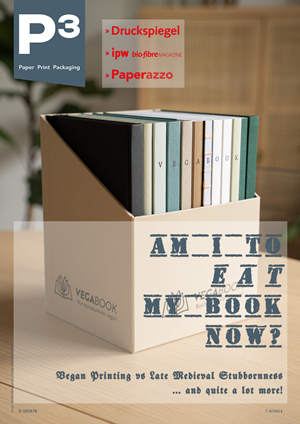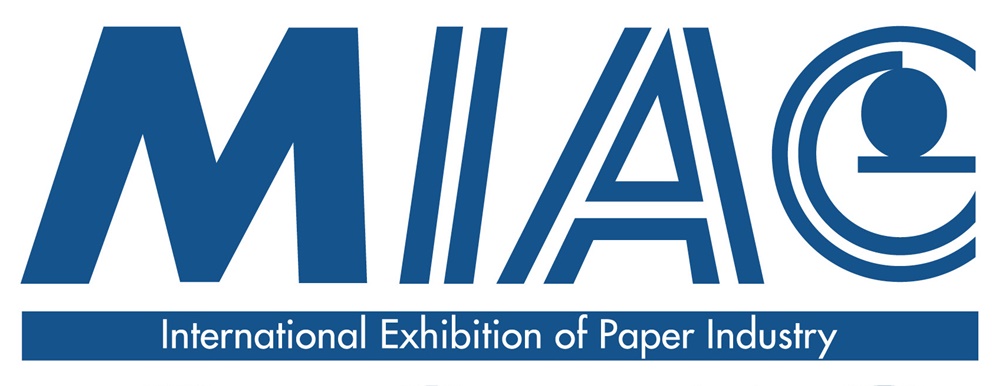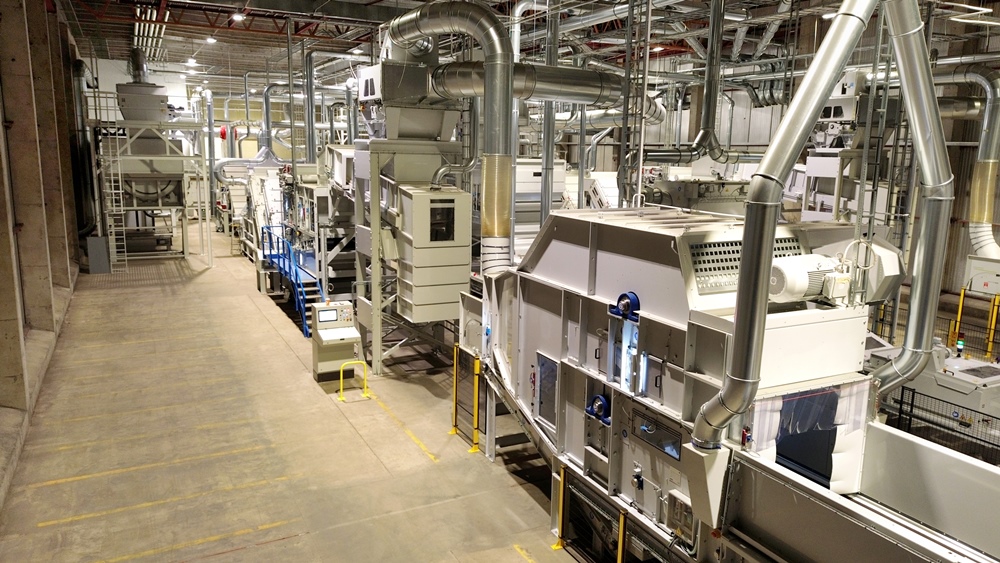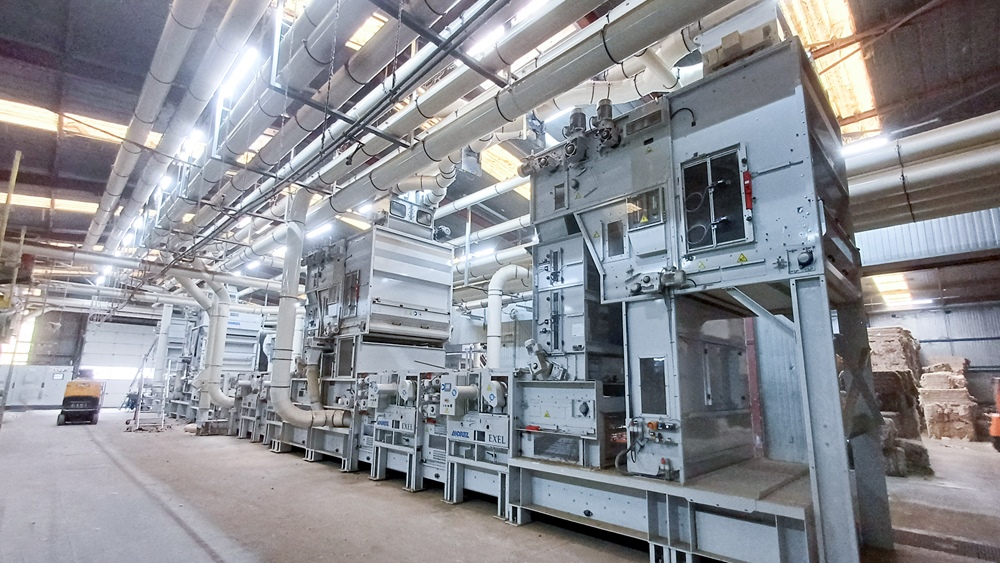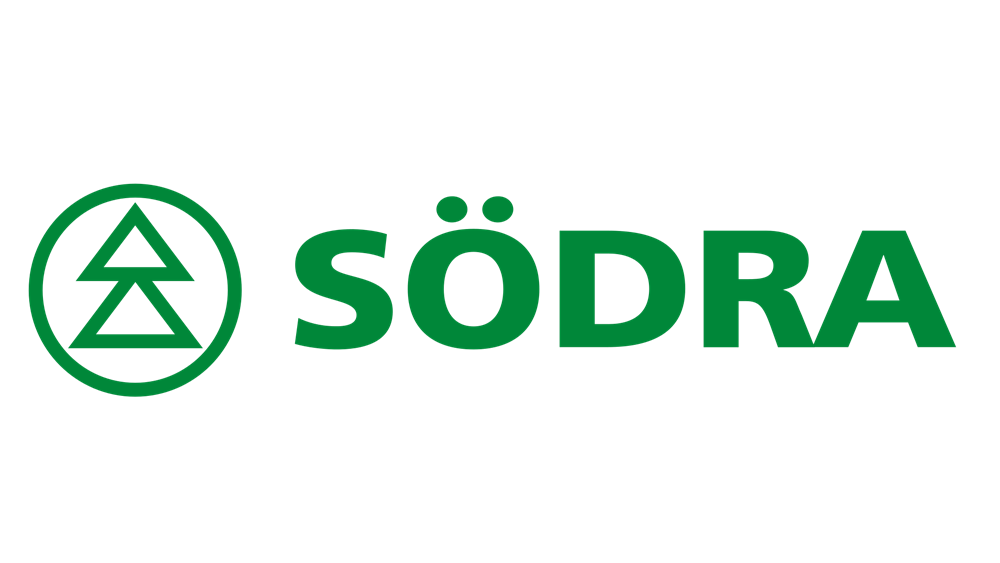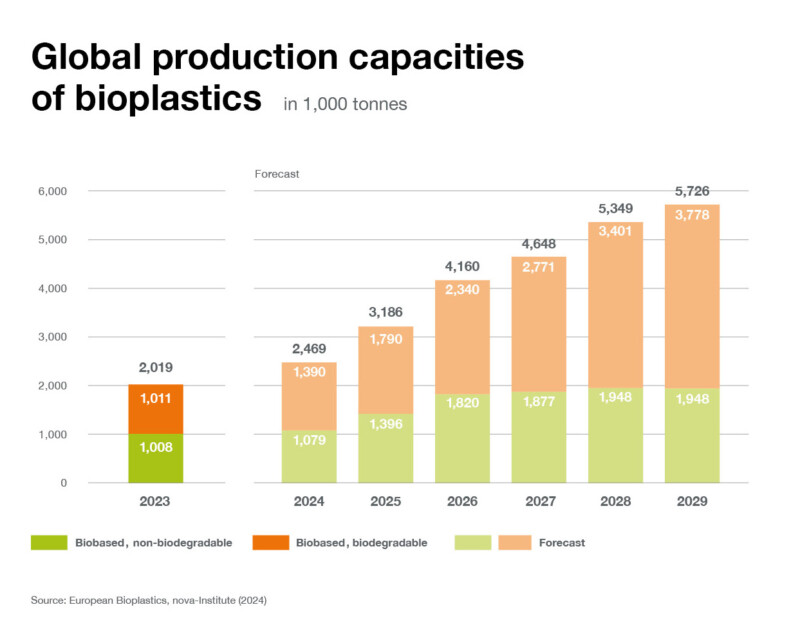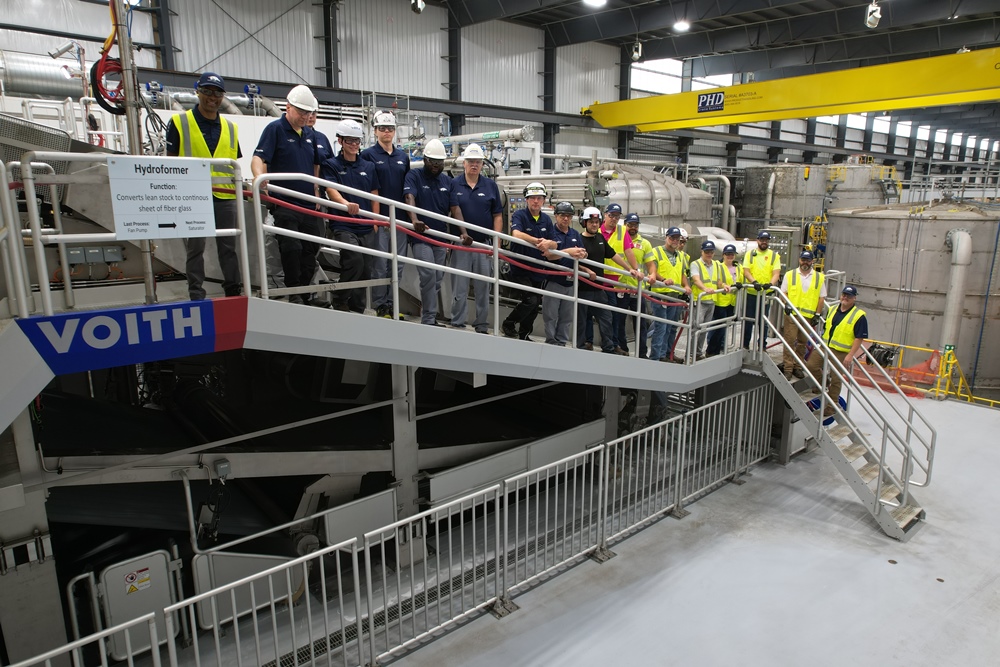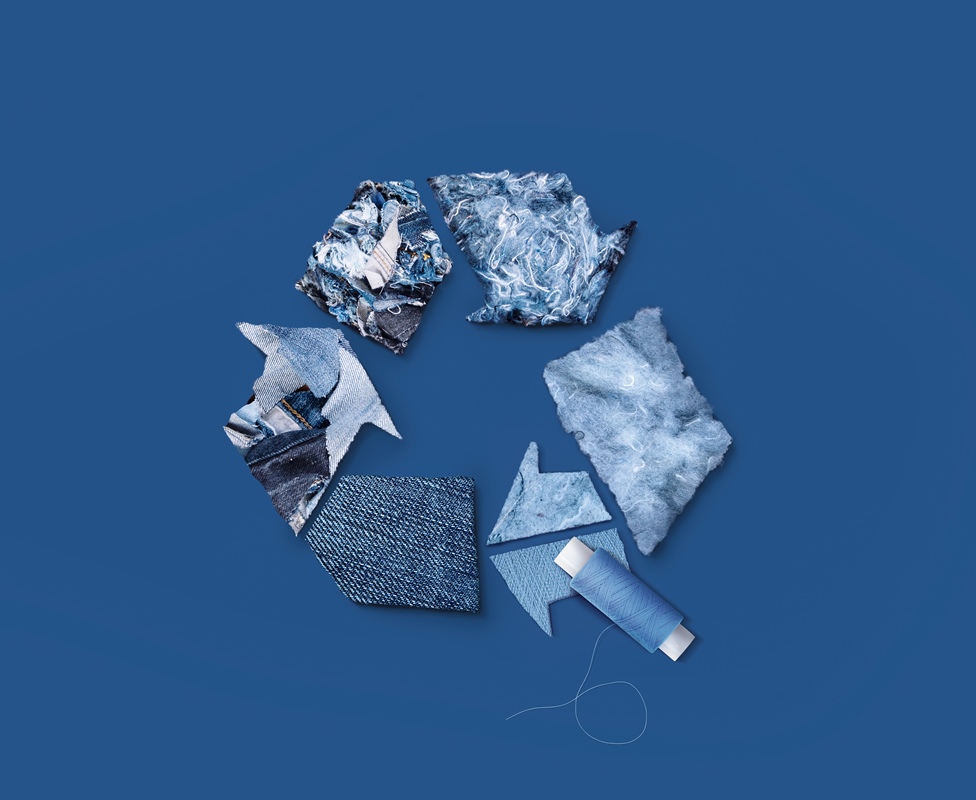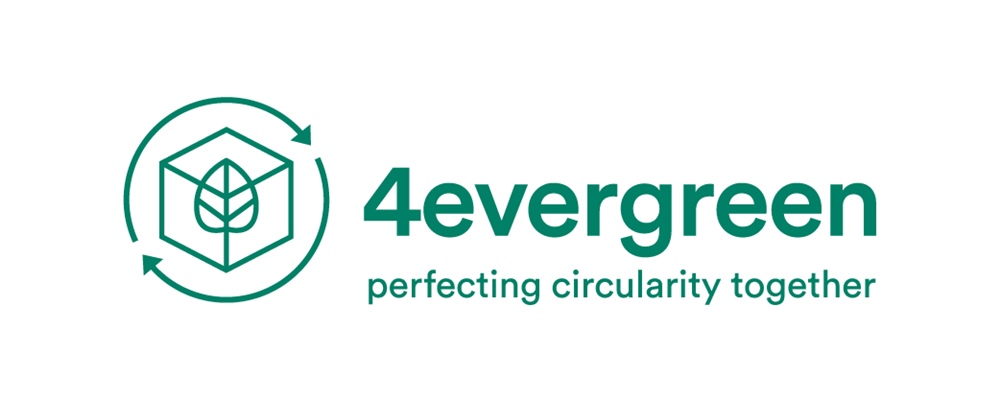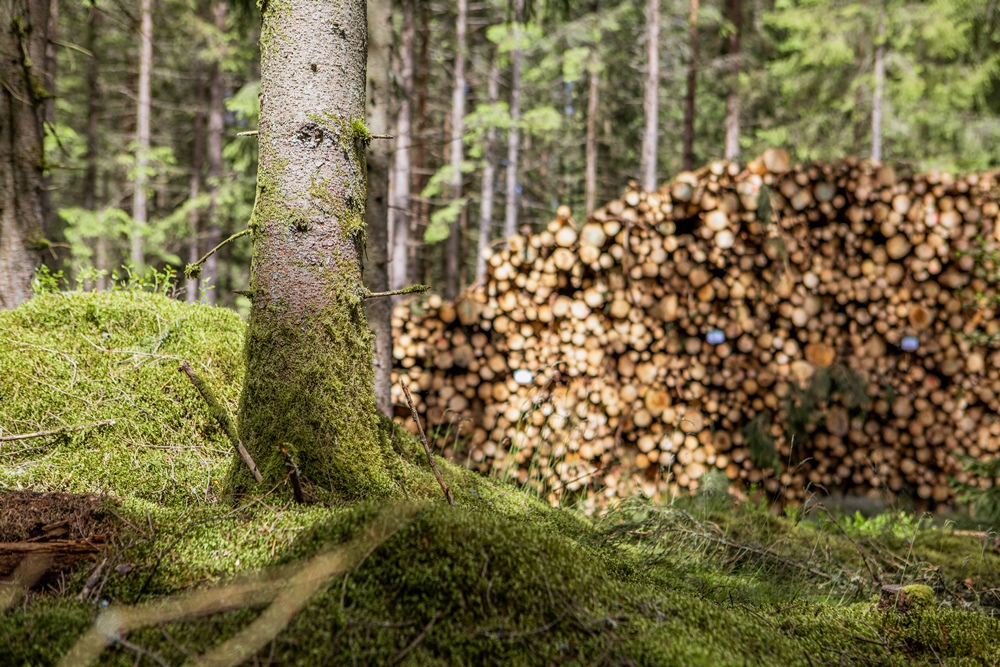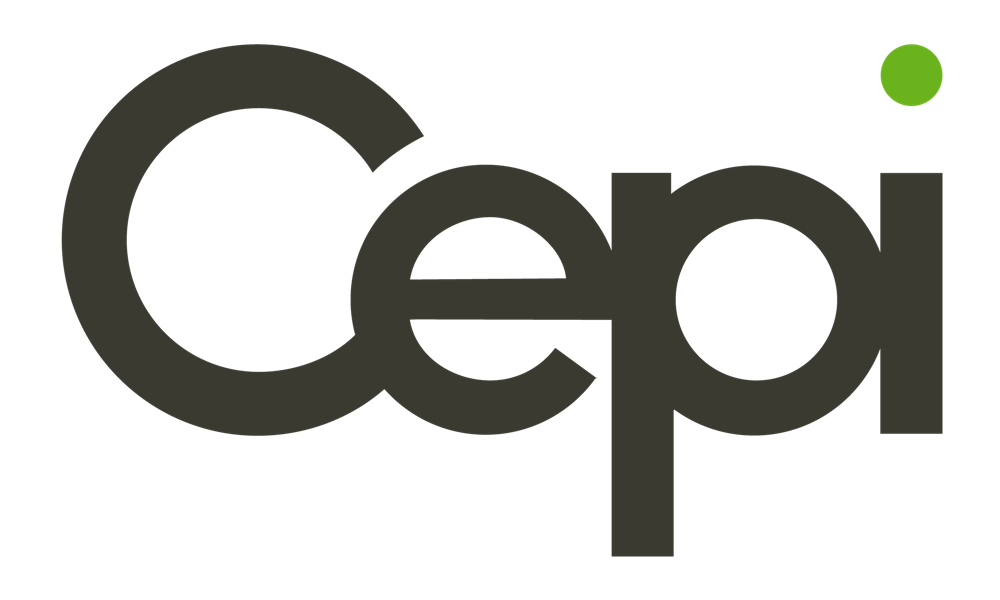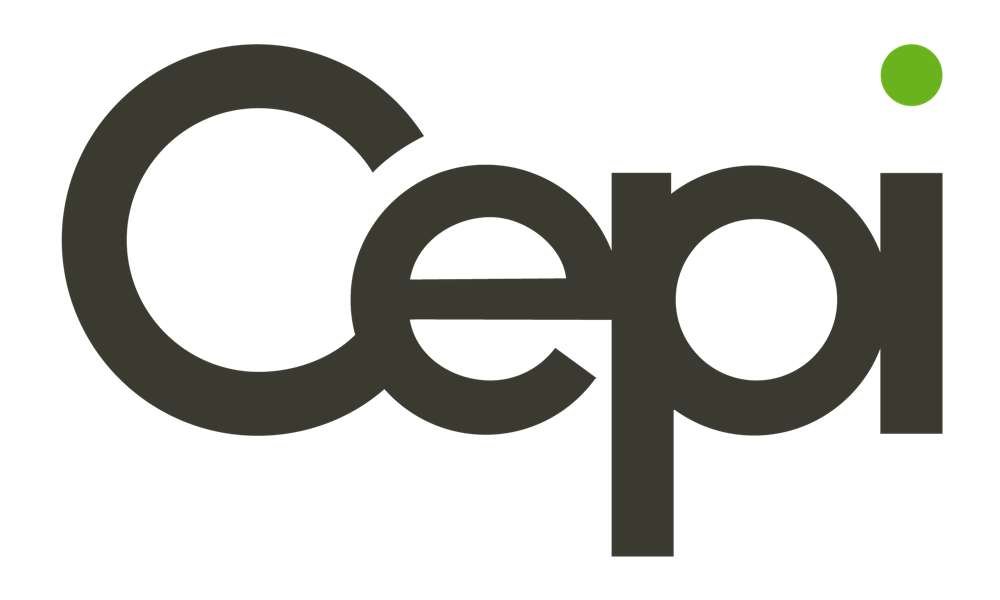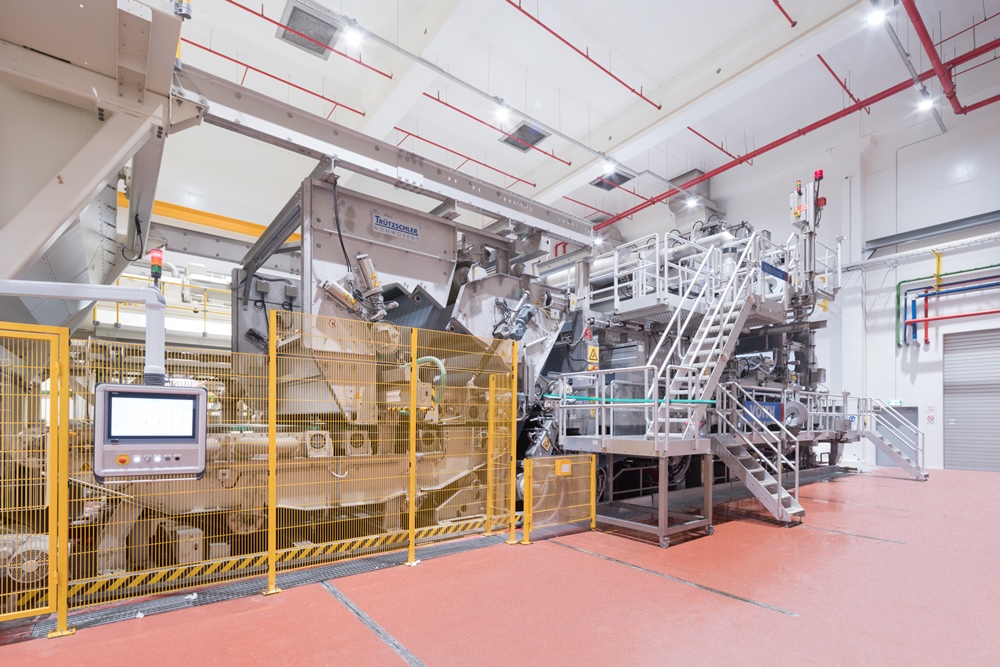Biofibre News
Andritz bast fiber line commissioned at Ekolution, Sweden
International technology group Andritz has recently commissioned a state-of-the art teXline bast fiber line at the new factory of Ekolution, a pioneer in sustainable building materials, in Malmö, Sweden. The line will expand Ekolution’s production capacity, producing environmentally friendly hemp fibers and nonwoven felts made from industrial hemp. The scope of supply included equipment for hemp decortication and refining, combined with a neXline airlay line for producing the felts.
Andritz bast fiber lines for flax processing start up at Van Robaeys
International technology group Andritz supplied and recently commissioned two new refining and cottonizing lines for Van Robaeys, France. These fully customized teXline bast fiber lines enable the company to increase its production of textile fibers from flax. With the new lines, Van Robaeys is responding to the growing demand from the French market for cottonized and high-quality textile fibers from natural sources. Europe is the world’s largest producer of flax fibers, showing a 133% increase in flax cultivation areas between 2010 and 2020.
Södra planning to divest forest holding in the Baltics
Södra’s mission is focused on members’ forests and to process their raw material, thereby creating value for these forest estates. Södra has therefore, as a step in implementing its strategy, decided to initiate a process to divest its forest holding and related activities in the Baltics. In order to do what’s best for forest estates and Södra’s long-term competitiveness, the holding is routinely evaluated against business needs.
EUBP reveals the results of the 2024 Market Data Report
European Bioplastics presented its 2024 edition of the market development update during the EBC24 taking place in Berlin, Germany. The report confirms the continuous growth of the global production capacities of bioplastics.
Highest-performing glass non-woven production line starts up at Owens Corning's Fort Smith plant
Owens Corning has signed the takeover document for its new Fort Smith glass non-woven production line. This means the world's highest-performing non-woven line is now in production. The machine includes the most extensive layout Voith has ever created for a glass non-woven production line. The scope of delivery includes the forming, binding and drying sections.
Andritz receives engineering order for landmark textile recycling plant from Circ®
International technology group Andritz has received an engineering order from US textile recycling innovator Circ in anticipation of its first large-scale textile recycling plant. The plant will be the first to recover cotton and polyester from blended textile waste.
4evergreen alliance discussed key developments for the fibre-based packaging industry at its Annual Conference
4evergreen, the cross-industry alliance perfecting the circularity of fibre-based packaging from across the industry’s value chain, held its 5th Annual Conference in Brussels on 6 November. The event brought together fibre-based packaging value chain representatives, policymakers and other key stakeholders to discuss the sector’s latest developments and challenges.
OnceMore® from Södra celebrates its 5th anniversary
October 30th marked the fifth anniversary since the launch of OnceMore® - the Swedish innovator brand that produces dissolving pulp used to produce viscose, lyocell and model textiles. To celebrate, OnceMore® is launching OnceMore® Together - a collective of innovative yarn and textile suppliers dedicated to transforming the textile industry.
Södra raises wood prices and launches new tool to increase security and transparency
Södra is taking action to strengthen conditions for family forestry and to develop its member offer. On 21 October, prices were raised for saw logs and small-diameter sawable ranges, and a new tool is being introduced to increase security for forest owners. Södra is also taking further steps to improve transparency in the wood market.
EUDR delay is an occasion to implement a solid framework against deforestation
The EU Commission proposed a postponement of the implementation of the Deforestation Regulation (EUDR). The pulp and paper sector welcomes the announcement which offers an occasion to develop a stronger framework to fight deforestation. The European Parliament and EU Council will still need to confirm the delayed phase-in.
Wood fibre-based ‘biorefineries’ double turnover in 3 years to €6 billion
A new study commissioned by Cepi shows rapid developments in Europe’s biorefinery sector, which holds the possibility to replace many fossil-based products with alternatives. The study, performed by nova-Institute, a German-based research institute, shows that biorefineries in the forest-based sector have more than doubled their turnover in just 3 years, reaching €6 billions. Biorefineries are facilities that convert biomass to a spectrum of beneficial byproducts. The new research covers the many biorefineries in Europe that are connected to the pulp and paper industry, which has been using similar processes for decades, mainly to power its own installations.
New international safety standard for wet-laid nonwoven machinery based on Voith plant safety standards
Today, a world without wet-laid nonwovens is impossible to imagine. Absorbent, tear-resistant and adaptable, wet-laid nonwovens are ideally suited for wound dressings, hygiene products and cosmetic items. They are also found in clothing, electronics, construction and agriculture. Primarily, these kinds of products are manufactured using a hydrodynamic process, which means they are first dispersed in water and then dried. In this case, the manufacturing process is similar to papermaking with long fibers. However, it also differs in crucial aspects.

